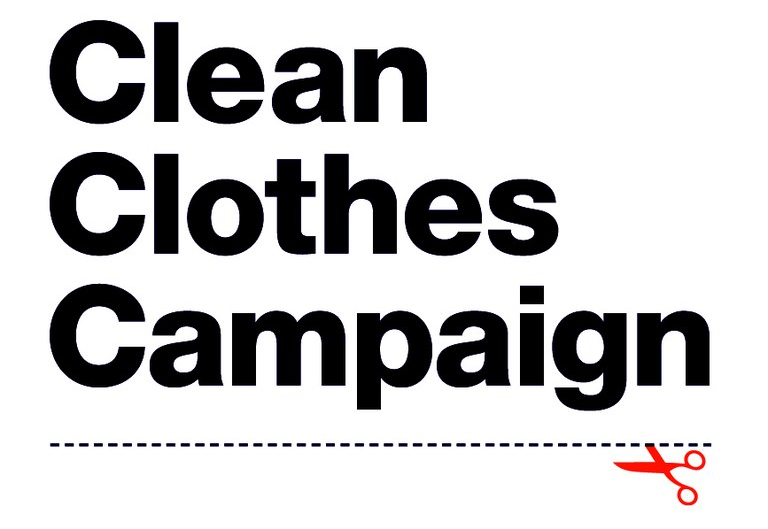Justice for the Ali Enterprises victims
A years long campaign to get compensation for the victims and their families of a horrific factory fire in 2012
When the Ali Enterprises factory in Pakistan burnt down in 2012, over 250 workers lost their lives. The fire started off a long fight for compensation and justice for the workers and to expose the failures of corporate social auditing.
"My son was my universe and also he was main earner of my family. After his death, I die every day, I will never forget him for my entire life."
Noor Nahar, mother of Shafi Ul Islam, a young worker who died in the fire.
What happened?
On 11 September 2012, at around 6 pm the Ali Enterprises factory in Pakistan exploded into flames, claiming the lives of over 250 people, and seriously injuring 55. As the fire ripped through the Ali Enterprises factory, workers were trapped in the building, behind barred windows and locked exit doors. Some workers managed to escape merely by jumping from windows considered too high to require bars, in the four-story building. In the wake of the disaster, among the carnage and destruction also lay bundles of denim with German-language labels carrying German retailer KiK’s brand “Okay Men”. One survivor stated, “They prevented people from leaving, so they could save the clothes” – KiK’s jeans.
Ali Enterprises was a clear death trap, without working fire fighter equipment or fire alarm, only one functional fire exit and a building that violated many local and international regulations. Nevertheless, only three weeks before the fire, Ali Enterprices was certified under the internationally recognized SA8000 standard by Italian auditing company RINA.
What did we do?
We campaigned long and hard for justice and compensation for the families affected by the fire, collecting ten thousands of signatures under a petition started by Shahida who lost her husband in the fire. She then delivered the signatures to KiK in Germany. Through media attention, shop actions, social media campaigns, a speaker tour, and generally a lot of attention for the injustice done to these workers we convinced KiK to come to the negotiating table.
On the sixth anniversary of the Ali Enterprises fire, a large coalition of labour rights groups and the Ali Enterprises affectees association filed an OECD complaint again Italian auditing firm RINA which certified the Ali Enterprises factory only weeks before the deadly fire. Read more on our press release.
Impact
After four years of campaigning and months of negotiations, an agreement was reached on the eve of the fourth anniversary of the fire. KiK agreed to pay an additional US$5.15 million to fund loss of earnings, medical and allied care, and rehabilitation costs to the injured survivors and dependents of those killed in the disaster. The Arrangement followed negotiations facilitated by the International Labour Organization (ILO) between IndustriALL, CCC, and KiK, at the request of the German Federal Ministry of Economic Cooperation and Development. Read more in our press release and in the official statement of the negotiating parties.
In a ceremony on 19 May 2018 the payment of long-term compensation in the form of life-long pensions was given a symbolic start. The actual reimbursement started in August/September. This ended a six year long wait for the survivors and families for full and fair compensation. In order to understand and learn from this lengthy process, Clean Clothes Campaign has published a time line, summing up the different steps and barriers that had to be taken and overcome.
Background
More information about the different efforts by a broad network of labour and human rights groups to hold both KiK and RINA accountable for the Ali Enterprises fire can be found here. Two good reports on the Ali Enterprise fire and the struggle of the families are this briefing from 2015: Ali Enterprises Factory Fire in Pakistan and this report from 2013: Fatal Fashion - report on fires in Pakistan and Bangladesh. More recent overviews of the struggle for justice are this University of Sussex report from 2018, this time-line of the case from spring 2018 and this overview from autumn 2018.
The initial commitment through which KiK promised long-term compensation, on which it later dragged its feet for years can be found in the agreement between Piler and KiK, from December 2012.
